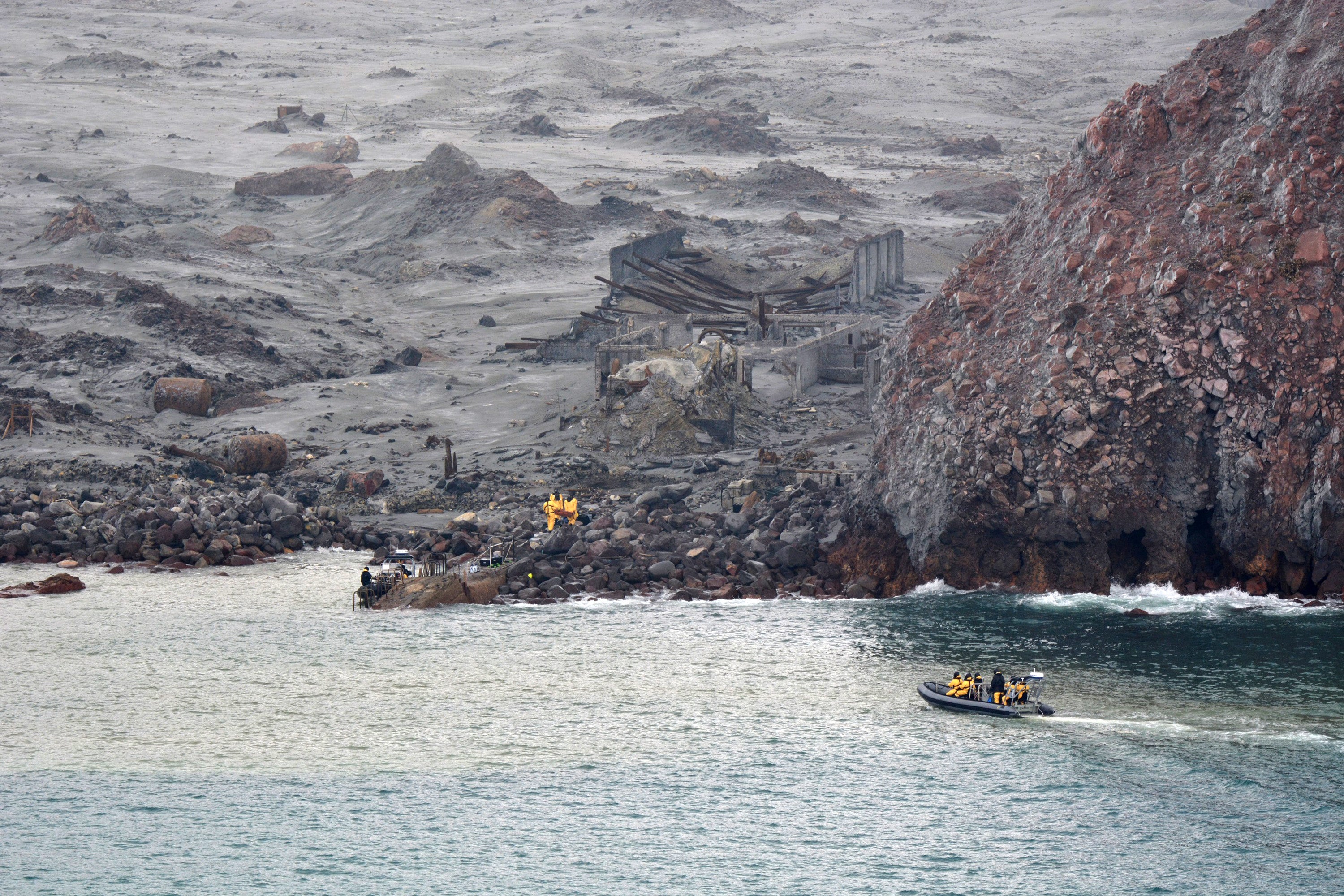New Zealand launches project to tap into heat of volcanoes to cut carbon emissions
Geologists working towards country’s landmark pledge to reach net-zero carbon emissions by 2050

Geologists in New Zealand are planning to drill deep into an extinct 11-million-year-old volcano - which is still hot - to use its heat as an alternative energy resource and reduce climate-damaging emissions.
New Zealand, home to more than 90 per cent of the world’s volcanoes, has pledged to reach net-zero carbon emissions by 2050, and the NZ$1m (£500,000) project is backed by the government’s Smart Ideas programme.
Scientists hope the heat coming from the volcano beneath the South Island city of Dunedin could be trapped and used to heat buildings alongside other purposes.
The main aim of the project is to reduce “carbon-based fuel consumption and consequent greenhouse gas emissions”, Dr Mike Palin from Otago University told the Guardian.
Two bores will be drilled into the sedimentary rock, 500m deep into the volcano. The heat flow from the magma would be monitored by two wells drilled earlier in central Dunedin, assessing whether the heat produced is sufficient to be trapped and utilised.
The energy will be extracted and captured by pumping water underground, which would be then used to heat buildings.
For the mission to be successful the geologists need to know if the 11-million-year-old volcano is hot enough.
“We don’t want to oversell this until we know more. Even if we find out our extinct volcano isn’t as hot as we think it is, certainly the idea can be utilised elsewhere,” Dr Palin said.
“You can burn yourself on something that is 50°C … [and] we would say it’s likely that, at 1km depth, we will encounter rock that is 50-100°C,” Dr Palin added.
New Zealand has the strongest concentration of volcanoes among countries on the Pacific Ring of Fire, a belt of seismic activity around the Pacific Ocean where more than 81 per cent of the world's largest earthquakes have occurred.
Join our commenting forum
Join thought-provoking conversations, follow other Independent readers and see their replies
Comments


Bookmark popover
Removed from bookmarks